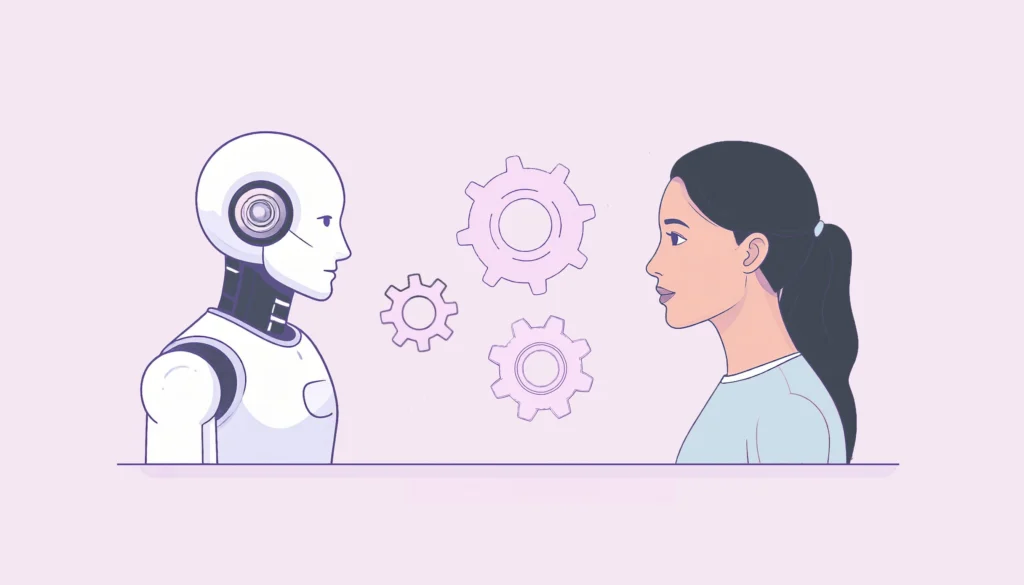It’s no secret that the volume of public health data is growing, which is why the importance of interoperability in healthcare cannot be emphasized enough. In August, I attended the 2023 Civitas Networks for Health Annual Conference in National Harbor, Maryland. The insights I gathered from my interactions with customers and partners throughout the year were echoed and reinforced at this event. Discussions throughout the conference made it clear that the seamless and secure flow of patient data across systems is a top priority for industry leaders. The following blog post covers some of my learnings and insights from the conference.
1. The Rise of the Health Data Utility (HDU) Framework
The HDU framework, designed as a guide to implementations, emerged as a signal of hope for many. The framework underscores the need to transition from simply collecting data to actively using it to improve patient outcomes. It’s clear that the future for the industry lies in not just having data but in effectively leveraging its power without sacrificing healthcare data security.
2. Challenges in the Healthcare Ecosystem
The conference shed light on critical challenges in today’s healthcare landscape. A stark disconnect persists between individual-focused healthcare and broader public health initiatives. This divide is particularly concerning given the anticipated 7.0% increase in out-of-pocket healthcare costs in 2024. Already, nearly 40% of Americans are forgoing essential treatments due to financial constraints. Further increasing the need for more holistic healthcare solutions is the fact that more than 2 million Americans do not have access to safe drinking water. Addressing these issues demands a unified approach including fostering provider-public health collaborations, advocating for cost-regulating policies, harnessing technological innovations and involving communities in health decisions.
3. The Bridge Between Languages
One of the standout issues was a world where healthcare systems can ‘speak’ different languages yet seamlessly exchange data while enabling easy access by end users. By bridging these language gaps, healthcare providers can ensure continuity of care. For example, a doctor can have access to a patient’s full medical history, even if some of it was recorded in a different system. Secure data exchange tools like DataMotion provide healthcare data solutions that can serve as conduits, ensuring that patient data is accessible, understandable and readily available across platforms.
4. The Imperative of Bi-directional Public Health Data Sharing
The emphasis on bi-directional data sharing between states and systems emerged as a recurring theme. Historically, data sharing in healthcare has been predominantly one-sided. However, the evolving landscape necessitates a more collaborative stance. The push for bi-directional data exchange, with a particular focus on health information security, signifies a great shift in our perception of healthcare data interactions. It’s not just a technical hurdle but also a cultural challenge that demands a change in mindset across the healthcare ecosystem.
The journey towards achieving comprehensive bi-directional data sharing presents both technical and cultural obstacles. Yet, the potential advantages for patient care, public health and medical innovation are substantial. As healthcare evolves, collaboration becomes even more imperative, making bi-directional data sharing a pivotal move forward.
5. The Power of Data in Driving Outcomes
The Civitas conference showcased the transformative potential of data and its immense impact on modern healthcare. When data is readily available, it drives insights and innovation across the industry, improving decision-making, resource allocation and predictive analysis. The potential of data to transform the industry emphasizes the importance of integrated systems, patient-centric care and transparency. From the Pathways Community HUB Model’s emphasis on the social determinants of health (SDOH) to the discussions around Health Information Exchanges (HIE), Qualified Health Information Networks (QHIN), Rural Health Innovation Collaboratives (RHIC) and Regional Health Information Organizations (RHIO), it’s clear that data will be at the heart of healthcare’s next evolution.
6. The Dental Data Conundrum
The Civitas conference emphasized the urgent need for dental data interoperability within broader healthcare systems, given the direct link between dental health and overall clinical success. A concerning statistic revealed during the session “The Case for Medical and Dental Data Interoperability: The Time Is Now” uncovered that 4% of Medicaid beneficiaries are hospitalized due to untreated dental issues. Despite the importance, dentistry, often seen as a “cottage” industry, faces challenges like misaligned terminology with Health Information Technology (HIT) and a preference for proprietary APIs over universal ones like FHIR. Addressing concerns from Dental and Health Information Exchanges (HIEs) about participation and infrastructure, the vision for the future is a unified medical and dental data framework. This integrated approach would prioritize direct access to diagnostic images and patient data, streamlining patient care and reducing reliance on third-party portals.
7. The Road Ahead with TEFCA and eHealth Exchange
The discussions around The Trusted Exchange Framework and Common Agreement (TEFCA) and the eHealth Exchange highlighted the industry’s direction. These frameworks and exchanges will play a pivotal role in standardizing data exchange and ensuring that patient data is accessible when and where it’s needed whether it’s leveraging Direct Secure Messaging, FHIR APIs, or even secure file transfer.
In Conclusion
The conference was a testament to the industry’s commitment to improving healthcare through data. As a subject matter expert at DataMotion, I understand our unique position to affect change in the industry and am excited about the possibilities that lie ahead. The future of healthcare is not just about innovation but effective implementation. By enabling interoperability between systems, focusing on patient-centric care and leveraging the power of data, we can bring in a new era of more efficient, effective and equitable healthcare.
Stay ahead of the curve on the latest trends for healthcare exchange by subscribing to the DataMotion Newsletter. Or request a demo with one of our experts to see how DataMotion can revolutionize your healthcare data processes.




